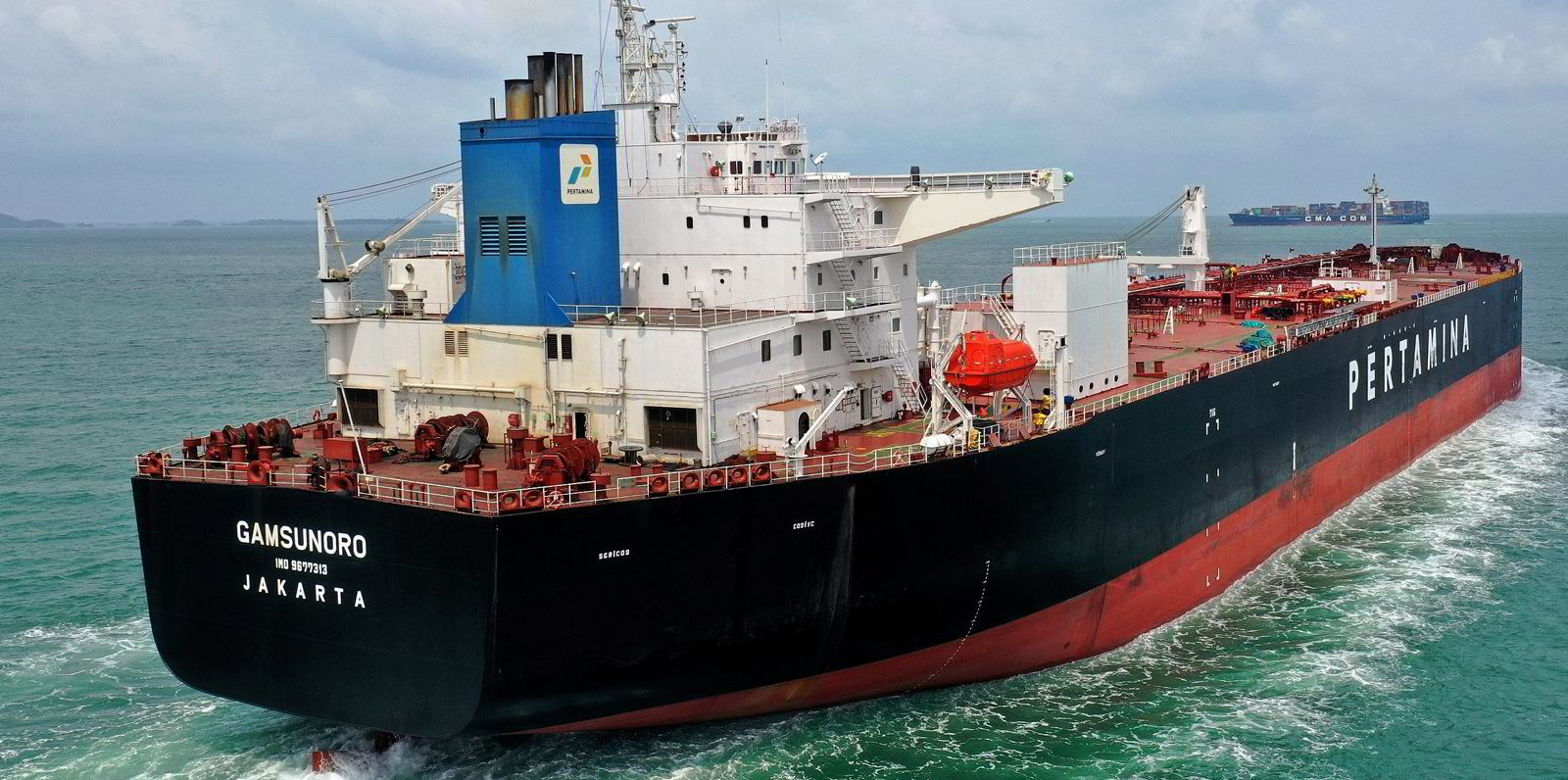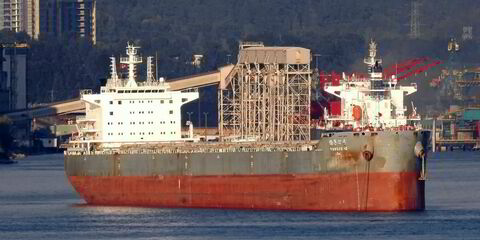A lawyer has reminded shipowners that they may have a duty to repatriate seafarers caught up in Middle East disruption.
As Houthi attacks continue to force companies to choose between using the Red Sea or sailing around southern Africa, employment law expert David Ashmore of UK firm Reed Smith said: “The conflict in the Red Sea poses significant safety considerations and complex challenges for both shipowners and seafarers.”
He said owners face a duty to repatriate crew members, whether or not they are employees, under the Maritime Labour Convention’s minimum requirement regulations.
If the rerouting of a ship extends the journey duration and leads to the expiration of the Seafarer Employment Agreement (SEA), companies must pay to bring personnel home.
Ashmore said: “Additionally, shipowners are compelled to repatriate employees when a seafarer is no longer capable of performing their duties under the SEA or when it is unreasonable to expect them to do so, especially in specific circumstances such as the ship heading towards a war zone without the seafarer’s consent.”
The lawyer believes owners may already have developed some level of preparedness for these issues, due to the challenges posed by the Ukraine war and the pandemic.
“However, the unique dynamics of the Red Sea conflict necessitate a comprehensive understanding of safety protocols, employment agreements and contingency plans to effectively navigate the heightened risks and responsibilities,” he said.
Ashmore explained that the situation is likely to escalate employment costs, as previously reported by TradeWinds.
High-risk designation
This is particularly due to the International Bargaining Forum designating the southern section of the Red Sea and the Bab el-Mandeb strait as a high-risk area from 22 December.
This triggers increased costs for shipowners, as seafarers covered by IBF agreements are entitled to double their basic pay, along with double compensation for death or disability, he added.
Analytics company Russell Group said on Friday that $3trn of trade is at risk if trade within the Suez Canal and the Red Sea is blocked by the conflict.
This would result in a shortage of valuable commodities, with an estimated $780bn-worth of oil, clothing and cars potentially disrupted.




